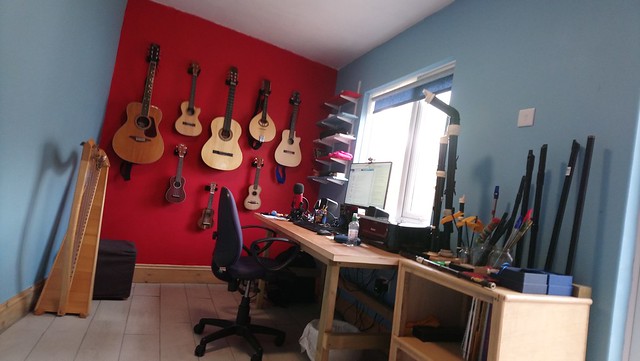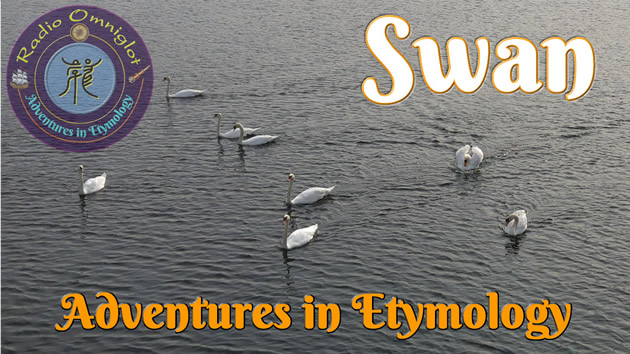Podcast: Play in new window | Download
In this Adventure in Etymology, we determine the limits of the word term, and find out how it’s connected to the Daleks in Dr Who.

St Pancras International Station – a major railway terminus in London
A term [tɜːm/tɝm] is:
- That which limits the extent of anything; limit, extremity, bound, boundary, terminus.
- A chronological limitation or restriction, a limited timespan.
- Any of the binding conditions or promises in a legal contract.
- A word or phrase (e.g., noun phrase, verb phrase, open compound), especially one from a specialised area of knowledge.
- Part of a year, especially one of the divisions of an academic year.
- Duration of officeholding, or its limit; period in office of fixed length.
- With respect to a pregnancy, the period during which birth usually happens (approximately 40 weeks from conception).
It comes from Middle English terme (limit, end, goal, boundary), from Old French terme (limit, boundary), from Latin terminus (boundary, limit, end, period of time), from Proto-Italic *termenos (boundary stone), from Proto-Indo-European *térmn̥ (boundary, end), possibly from *ter(h₂)- (to pass through) [source].
Words from the same roots include terminal, terminus, determine, avatar, thorough and through in English, terme (conclusion, end, term [word, expression], deadline, rent) in French, término (end, terminus, finish, conclusion, period, term) in Spanish, and τέρμα (térma – conclusion, end, goal, finishing line) in Greek [source].
What links term with the Daleks*? Well, the Daleks’ favourite expression, Exterminate!, comes from the same roots, via Latin exterminātus (expelled, exiled, banished, abolished, destroyed) from exterminō (I expel, exile, banish, etc), from ex- (out, away) & terminō (I finish, close, end) [source].

*Dalek = A member of a species of extraterrestrial cyborg mutants who appear in the television programme Doctor Who and are known for travelling in metallic shells, having monotone, mechanically distorted voices, repeating a limited number of phrases, and their fanatical obsession with exterminating other, non-Dalek beings. The word Dalek either comes from the Kaleds, the beings they evolved from, or from Dals (gods) in their (fictional) language [source].

Incidentally, the word terminator also comes from the same roots, via Latin terminātor (he who sets bounds), from terminō (I finish, close, end), from terminus (end, limit) [source].
Here’s a little ditty I wrote in October 2024 called Terms & Conditions, which is about all those pesky terms & conditions that few of us ever read, and even fewer understand.
You can also listen to this podcast on: Apple Podcasts, Amazon Music, TuneIn, Podchaser, Podbay or Podtail and other pod places.
If you would like to support this podcast, you can make a donation via PayPal or Patreon, or contribute to Omniglot in other ways.
Radio Omniglot podcasts are brought to you in association with Blubrry Podcast Hosting, a great place to host your podcasts. Get your first month free with the promo code omniglot.

I also write about words, etymology and other language-related topics on the Omniglot Blog, and I explore etymological connections between Celtic languages on the Celtiadur blog.


















